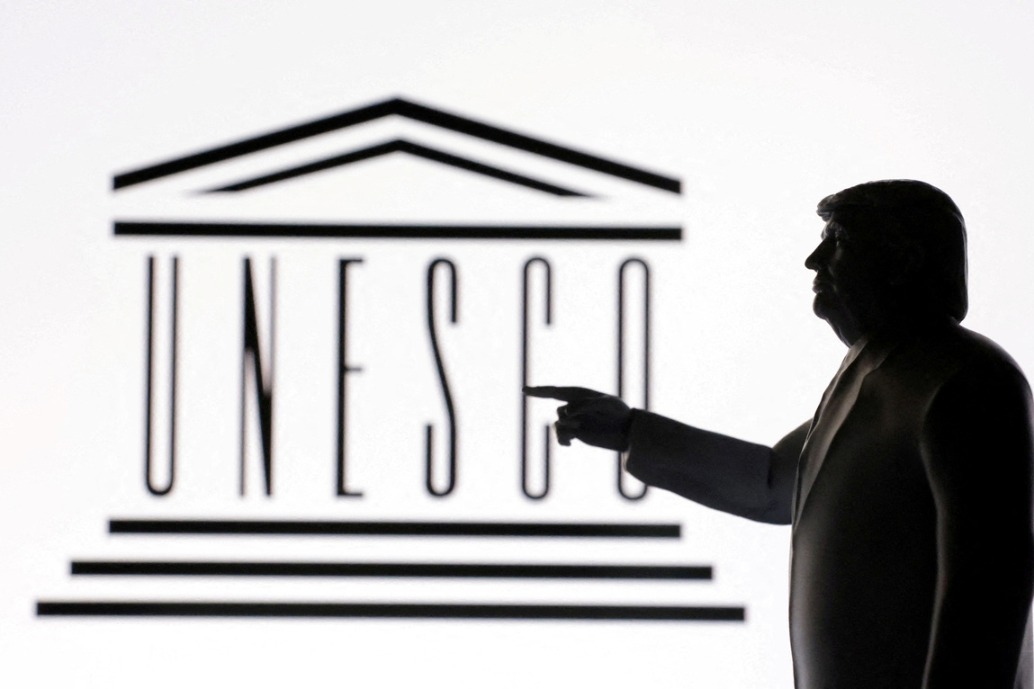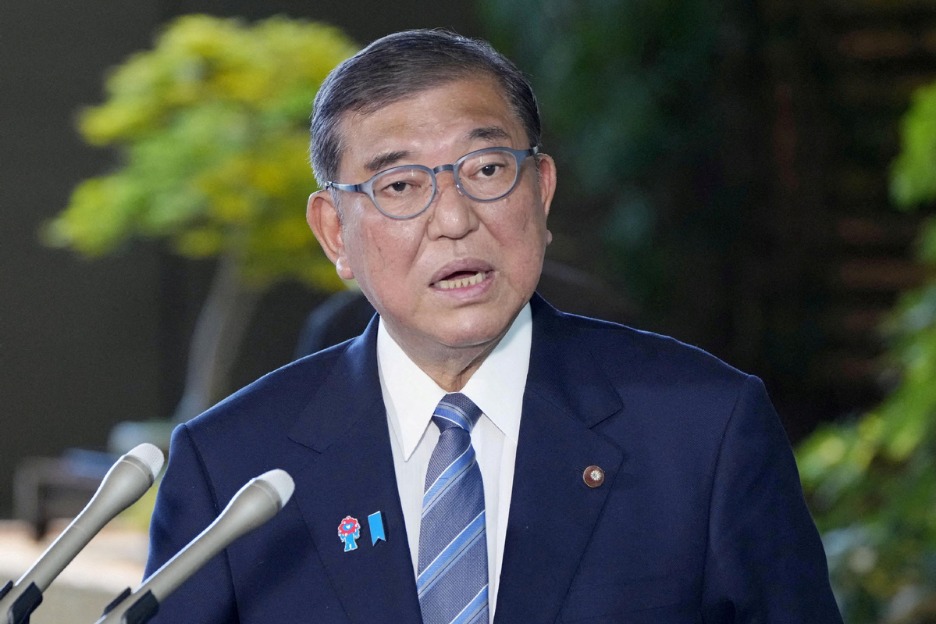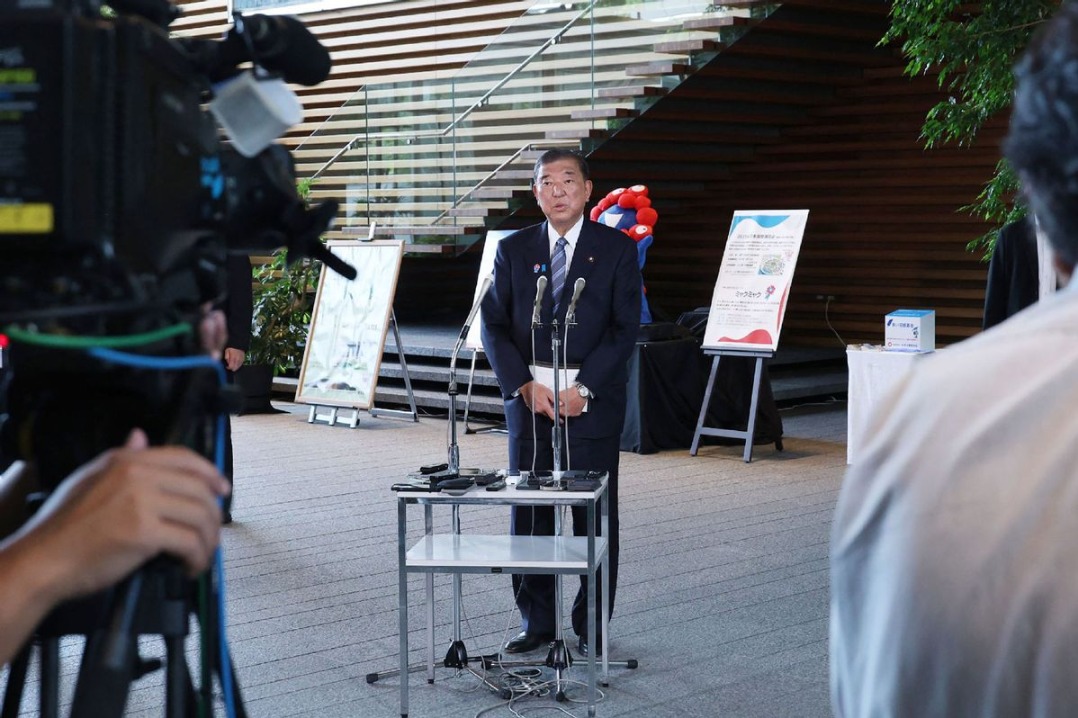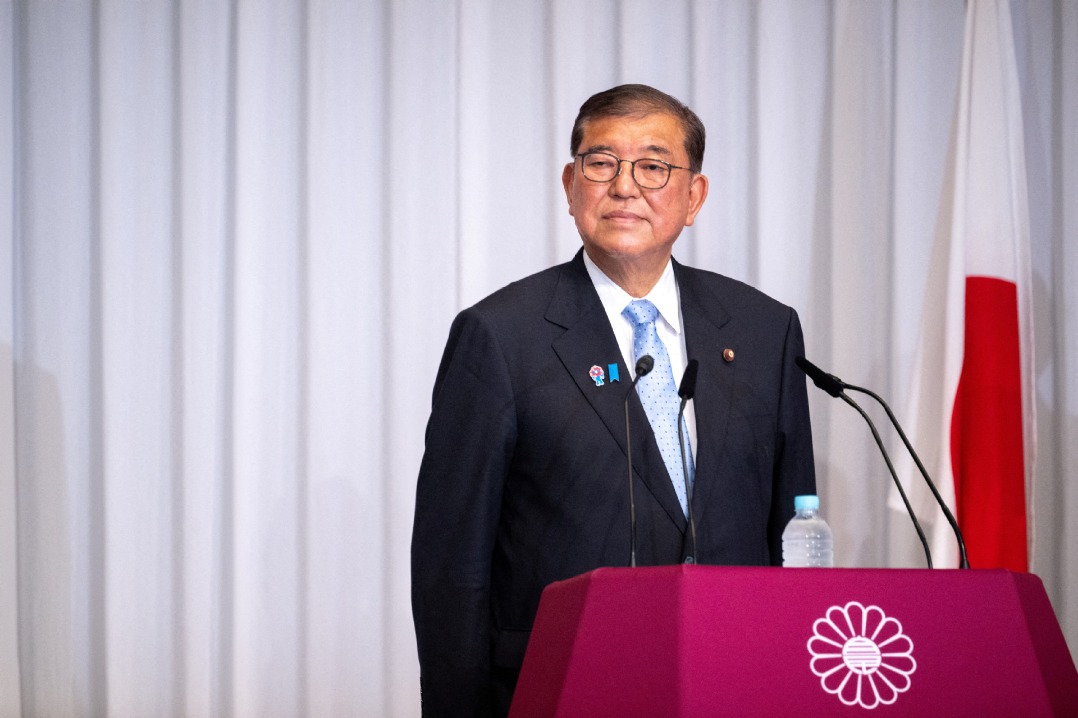US to leave UNESCO, drawing global rebuke
Agency says move mars multilateralism, as expert terms it as 'counterproductive'

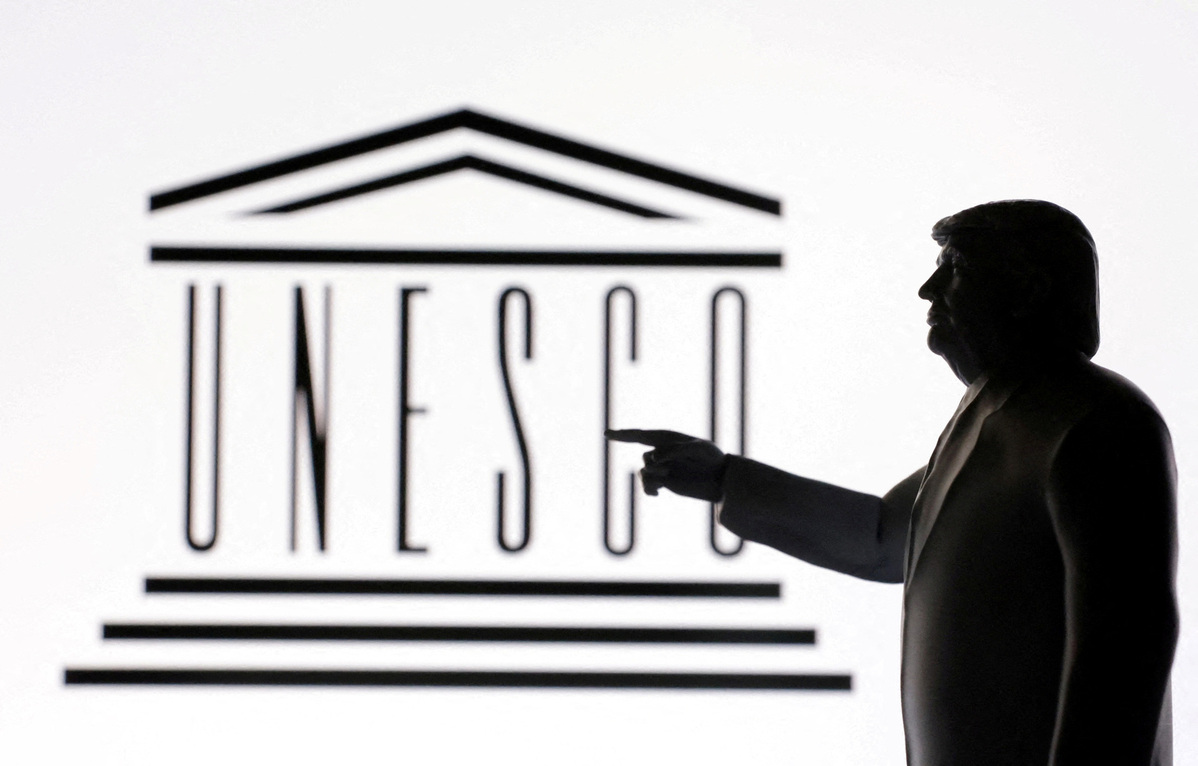
The United States' decision to withdraw from UNESCO was "regrettable" but "anticipated", the organization's director-general said on Tuesday, warning the move could undermine cooperation with US-based partners.
"This decision contradicts the fundamental principles of multilateralism, and may affect first and foremost our many partners in the United States of America — communities seeking site inscription on the World Heritage List, creative city status and university chairs," Audrey Azoulay said in a statement.
The Donald Trump administration announced on Tuesday that the US would again leave UNESCO, just two years after rejoining under former president Joe Biden.
State Department spokeswoman Tammy Bruce said the organization promotes "divisive social and cultural causes", and its focus on United Nations Sustainable Development Goals is "at odds" with "America First foreign policy".
Washington also cited UNESCO's decision in 2011 to admit the State of Palestine as a member state, calling it "highly problematic", contrary to US policy, and a factor in what it sees as anti-Israel rhetoric within the agency.
The withdrawal will take effect at the end of next year.
Trump previously pulled the US out of UNESCO in 2017 on the grounds of "anti-Israel bias".
Azoulay rejected the US claims, saying they "contradict the reality of UNESCO's efforts, particularly in the field of Holocaust education and the fight against antisemitism".
UNESCO is the only UN agency responsible for these issues and has received broad praise from institutions including the US Holocaust Memorial Museum, the World Jewish Congress and the American Jewish Committee, she said.
The agency has supported 85 countries to educate students about the Holocaust and genocides, and "will continue to carry out these missions, despite inevitably reduced resources", she added.
UN spokesman Stephane Dujarric also defended the agency, saying UNESCO — and Azoulay personally — have been "at the forefront" of the fight against antisemitism.
Unpaid dues
UNESCO's decision to admit Palestine as a member in 2011 triggered a US law barring funding to the agency, resulting in more than $500 million in unpaid dues after the Trump administration first withdrew. At the time, the US had been contributing about $70 million annually — about 22 percent of UNESCO's budget.
When the Biden administration rejoined in 2023, the US was planning to pay more than $600 million in back payments.
Azoulay said UNESCO has "undertaken major structural reforms" and diversified its funding since 2018 to offset the effect of the earlier withdrawal. The US contribution now makes up just 8 percent of the agency's budget, even as the overall budget has grown.
A UNESCO source, speaking anonymously, described the US move as "purely political, without any real factual base".
The organization had already been "forced" to do without US money for several years after their departure in 2017, the source told AFP.
Chinese Foreign Ministry spokesman Guo Jiakun said on Wednesday that the US' decision to quit UNESCO "is not what a major country should do", adding that China has always firmly supported the work of the agency.
"On the occasion of the 80th anniversary of the founding of the UN, we call on all countries to reaffirm their commitment to multilateralism, and take concrete action to support the UN-centered international system, the international order underpinned by international law, and the basic norms governing international relations based on the purposes and principles of the UN Charter," he said.
France, where UNESCO is based, stated in a news release that it regrets the US' decision to withdraw from the agency, which was founded in 1946 "to prevent conflicts through education, culture and tolerance".
French President Emmanuel Macron said on X that UNESCO had his "unwavering support" that would not weaken after the US departure.
Jack Midgley, principal strategy consultant at Midgley & Co and an adjunct associate professor at Georgetown University, called Trump's decision to withdraw from UNESCO "a counterproductive act of self-isolation and meanness on a global scale".
"The president has gone from 'America first' to 'America only', no matter what the cost to global culture or to America's standing as a promoter of peace and human dignity," he told China Daily.
Yifan Xu in Washington, Zhao Jia in Beijing, agencies and Xinhua contributed to this story.
mayzhou@chinadailyusa.com
















